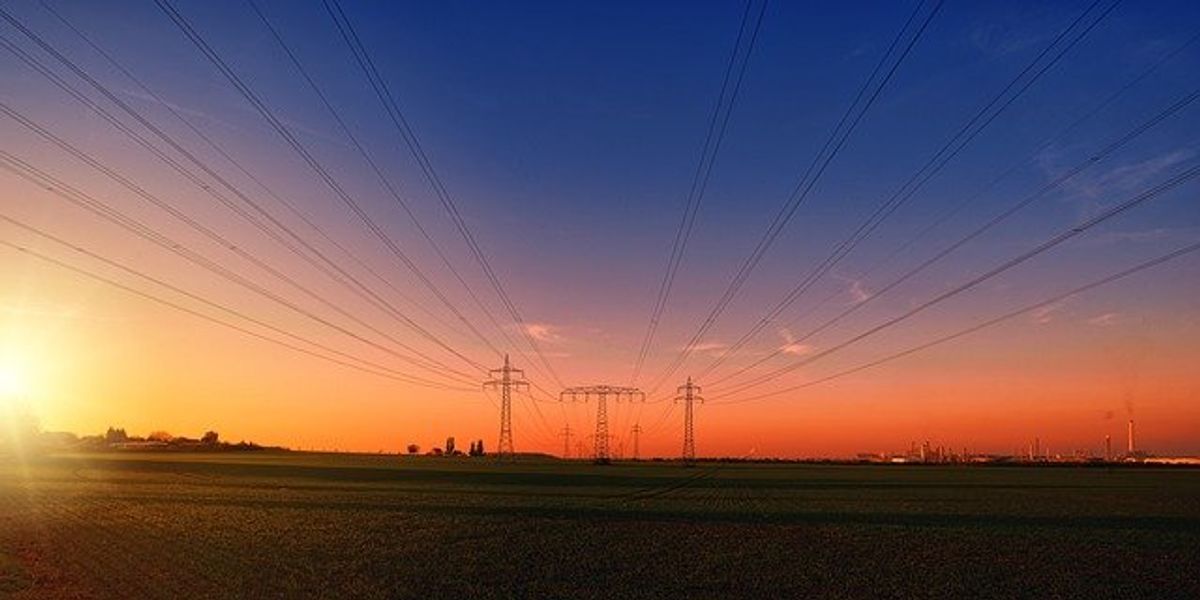
Urban wildfires may expose firefighters to toxic metals like lead and mercury
A new study has found that Los Angeles firefighters who battled January’s urban wildfires had significantly higher levels of mercury and lead in their blood cells than those who fought rural forest fires.
Maggie Astor reports for The New York Times.
In short:
- Firefighters who fought the Palisades and Eaton fires in populated areas had up to five times more lead and three times more mercury in their blood cells than peers who worked rural fires.
- These metals entered cells, not just blood plasma, meaning they may interact with DNA and cause long-term health effects, though the full risks remain unknown.
- Researchers also detected benzene and styrene in the air after the fires had visually cleared, raising concerns about ongoing exposure to cancer-causing chemicals.
Key quote:
“The recent findings highlight the many unrecognized cascading health effects from climate-intensified wildfire.”
— Jennifer Runkle, environmental epidemiologist at the North Carolina Institute for Climate Studies
Why this matters:
As wildfires become more frequent and destructive in an overheating world, the line between a natural disaster and a public health emergency is blurring — especially in urban areas where homes, vehicles, and infrastructure add a toxic twist. When buildings go up in flames, they don’t just burn — they melt, vaporize, and spew out substances like asbestos, lead, mercury, and synthetic chemicals from plastics and electronics. These contaminants don’t just threaten firefighters and first responders on the front lines; they can settle into nearby communities and enter the bloodstream through lungs or skin.
Yet as research into these health risks becomes more urgent, federal support may be wavering. Under the Trump administration’s new budget priorities, climate-related health research at institutions like the National Institutes of Health faces mounting scrutiny and cuts, raising concerns that critical data could be left in the smoke.
Related EHN coverage:














